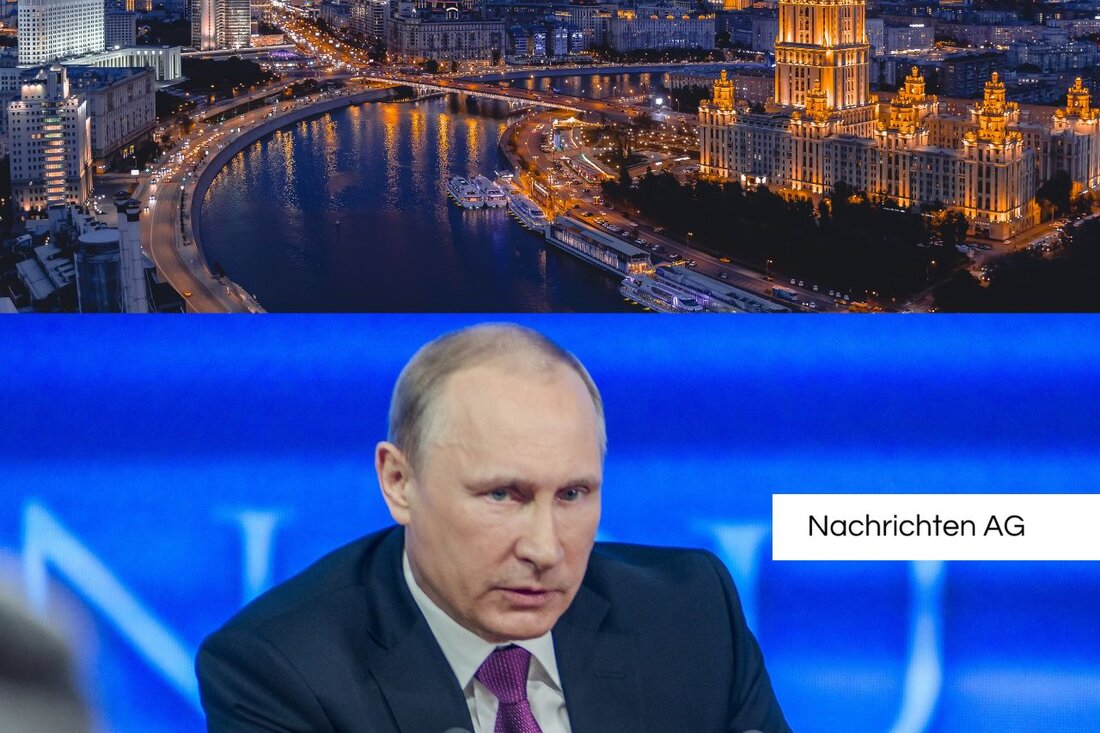Croatia reintroduces compulsory military service: a signal in uncertain times!
On November 11, 2025, Croatia will reintroduce conscription to address security challenges and geopolitical tensions.

Croatia reintroduces compulsory military service: a signal in uncertain times!
Amid rising geopolitical tensions in Europe, a significant trend is emerging: the return to conscription. While the discussion about this is becoming more intense in Germany, Croatia is taking a decisive path and reintroducing compulsory military service from January 2026. Defense Minister Ivan Anusic attributed this decision to a changed security situation and the associated challenges. Particularly in the context of the war in Ukraine and the Russian threat, the Croatian government sees the need to modernize its army and better prepare it for possible threats. daily news reports that men up to the age of 29 must complete two months of basic training, which is dependent on a medical fitness test.
Conscription, which was last abolished in 2008, meant that around 300,000 young men in Croatia did not receive any military training in recent years. This makes the new regulation all the more important: women can serve voluntarily, but must do community service if they refuse for reasons of faith or conscience. People such as priests and men with dual citizenship who are subject to military service in another country are exempt from compulsory military service. The decision to reintroduce it was made with a large majority in the Croatian Parliament at the end of October 2025. Even social democratic voices support this step, although criticism was voiced by Sandra Bencic, a representative of the left-green opposition, who sees the decision as populist.
Consequences and incentives
The Croatian army plans to train around 4,000 recruits annually. An incentive for the recruits is the 1,100 euros net that they earn during their training. They are also promised that they will receive preferential treatment in government employment. Those who avoid compulsory military service face fines, increasing pressure on young men to enlist.
This development in Croatia is no coincidence: the reintroduction of compulsory military service is also being debated in Germany. Political decision-makers from the CDU/CSU and the SPD support this as an opportunity to strengthen the Bundeswehr and send a clear signal to Russia. Against the background of Russian troop movements on the borders of the Baltic states, the discussion about greater military defense preparedness has been significantly stimulated. Loud IT Boltwise There is a broad consensus that reactivating compulsory military service could strengthen Europe's defense capability.
Technological developments at a glance
In addition to military issues, technological progress also remains a central point for the future of Europe. Revolutionary changes can be expected in the next ten years. Artificial intelligence in particular will play a key role. Self-driving cars and intelligent systems will find their way into many sectors and transform the way we live and work. In this context, the development of unhackable networks through quantum communication is also of interest. So, as the world advances technologically, the issue of security and defense remains equally relevant. The challenges that come with digitalization—such as data protection and the digital divide—are not made any easier by these developments. Science News Today highlights the profound changes that could come to society.
Croatia's decision to reintroduce compulsory military service, combined with the discussion in Germany, shows that security policy in Europe needs to be further developed in the face of geopolitical challenges and technological progress. While the Bundeswehr may be heading towards reform, Croatia has already taken the step to prepare for the changed conditions. It remains to be seen how these dynamics will develop in the coming months.

 Suche
Suche
 Mein Konto
Mein Konto